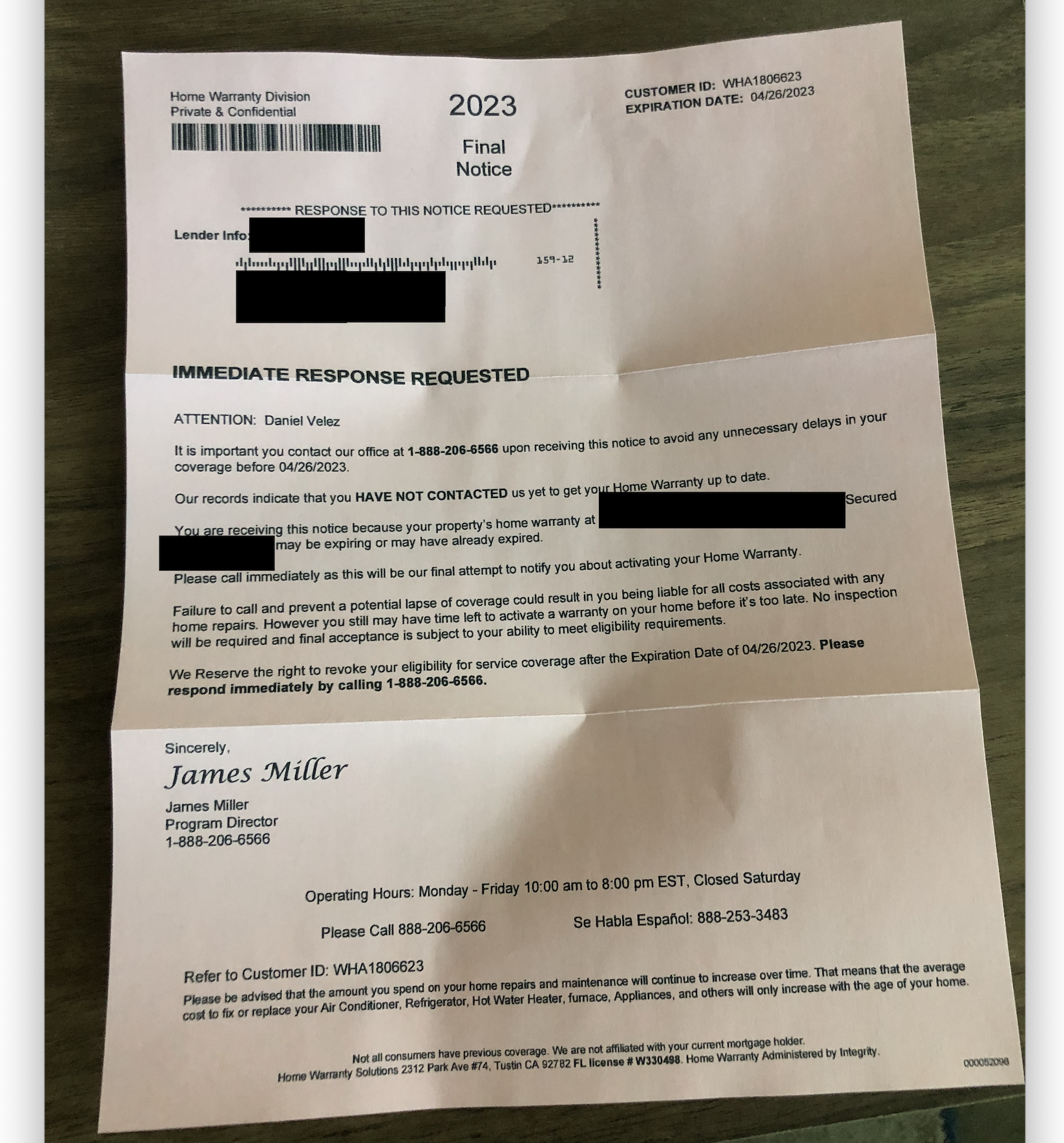Stop Spam Snail Mail
The perils of junk mail
I’ve put together an array of tools to guard my attention. Picture me in an Iron Man suit: When an unknown number calls me, instead of a missile being launched from my forearm, an app called Robokiller verifies it’s a legit call before it allows my phone to ring. When I get an email, instead of an earth-shattering beam of light shooting from my palm, an app called Hey acts as a gatekeeper to my inbox. I’ve spent hours in my garage soldering metal to this suit and days working on the code to perfect the anti-distraction tools—only to realize that flicking the notifications switch to off would yield the most impressive results. I no longer get buzzed or have a red dot with a number appear on any app. If it isn’t my Mom calling then it could wait.
There are, invariably, unstoppable galactic and supernatural forces that will always get my attention. Cleavage. Earthquakes. That sort of thing.
However, with all of the world’s most advanced tools at my disposal, I have yet to find an effective way to combat junk mail. I can’t throw away everything in my mailbox because in the sea of spam, there might be a ballot, wedding invitation, jury duty summons or, God forbid, a letter from the IRS. The consequences of throwing away an IRS letter might lead them to seize my bank account. So, I have to sift through Fry’s grocery store coupons; used car magazines I’ve never subscribed to (does anybody?); flyers from flooring companies; political ads; credit card offers from credit card companies I’m already a customer of; and deceiving scam mail—all to get to what might be something important.
In Hey email, you filter all emails into four different categories: important stuff, newsletters, receipts, or screen out the emailer completely so they could never bother you again. With physical mail, there are no such filters.
There are two ways to grow your business: 1) Get more customers 2) Upsell to existing customers so they buy more stuff. I have an American Express credit card and I’m really happy with their service—except for all of the marketing mail they send me. I know about the more expensive credit card; I don’t want it. I know about their loan program; I don’t need it. But, it doesn’t really matter if I open this mail or recycle it immediately. They are burning their services into my mind and if I need a loan, the first company I will think of is American Express. The reason companies do this is because it’s effective. This is why MANSCAPPED, UNTUCKit, and birddogs will continue to occupy my mailbox.
Marketing is an amazing thing. UNTUCKit used to have a lot of baseball ads and they got to me. Me and my roommate were going to a Diamondbacks game and he was running late. Instinctively, I went to the UNTUCKit website, a site I’ve never visited before. At this point, UNTUCKit and baseball were synonymous after seeing their ads thousands of times during games. By the time my roommate was ready to leave, I had spent a few hundred dollars on dress shirts.
The marketing mailers are easy to spot and I set those aside to be recycled. The scam envelopes are harder to identify. They are usually plain and say something like IMMEDIATE RESPONSE REQUESTED. Look at this one I got the other day:

If I didn’t grow up in South Florida, a place where scam is more prevalent than sunlight, I’d be bamboozled by this crap.
Here’s their trick: When you buy a house (or start a business), certain information becomes public. In the case of my house, my name, address, and bank loan became public. So, they take this information and use it to deceive you. I’m looking at this letter and thinking, “Yes, that is my name. That’s my address. And holy shit that is my bank. Should I call?” But then my spidey-senses kicked in and I flung this letter in the recycle bin with a whoosh.
According to the EPA, we threw away 68 million tons of paper and cardboard in 2018, the last reported year. How much of this is useless marketing mail that gets thrown away the exact moment it’s received?
PaperKarma is a service that unsubscribes you from junk mail. I’ve known about it for a long time but have yet to pull the trigger on the $59.99 lifetime fee, which is reasonable but is also enough of a sticker shock to postpone my purchasing decision.
The great enabler of junk mail is Article I, Section 8, Clause 7 of the US Constitution—the powers of the Post Office. In 2021, they delivered a whopping 66,200,000,000 pieces of marketing mail (16 billion more than First-Class Mail) and it accounted for a 1/5 of their revenue. More than half of all mail delivered by the Post Office is marketing junk mail trash.
The combination of being a huge money maker for USPS and being an effective tool for marketers means junk mail will not go away anytime soon. Marketers will ride the USPS to our residences and shove reams of paper with pretty colors into our mailboxes until these messages are burned into the subconscious of us all.
I’ve dreamed about slapping a return to sender on every piece of marketing mail or sending them a letter stating, “For the love of God, please, I beg of thee, stop spamming my mailbox with promos.” But, of course, one company dies and two sprout up with new marketing mail contracts with the Post Office.
I’ll continue to complain about this minor inconvenience quietly to myself - or I’ll finally shut up and buy PaperKarma.
Milkman Model Newsletter
Join the newsletter to receive the latest updates in your inbox.
